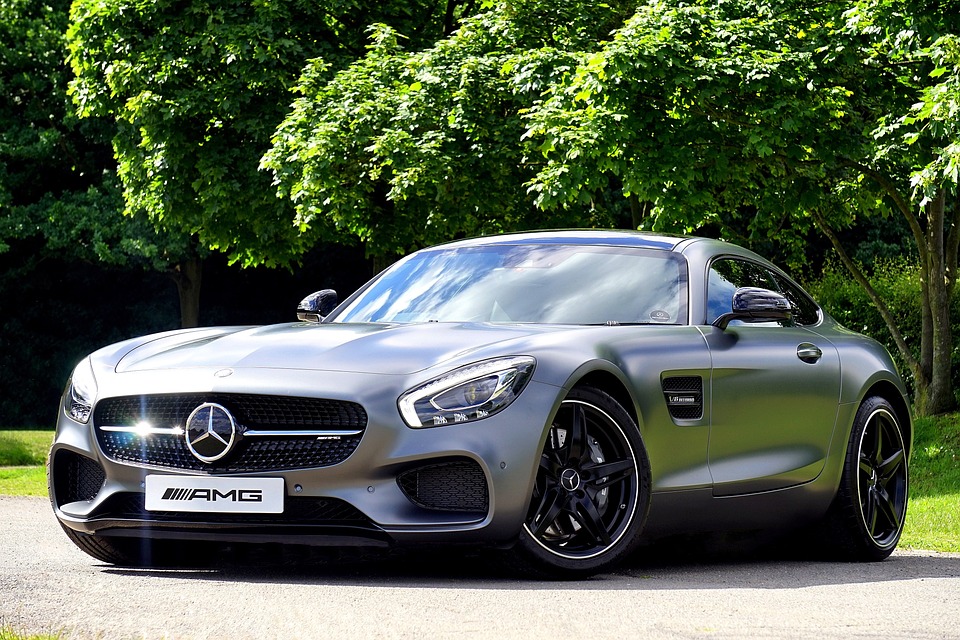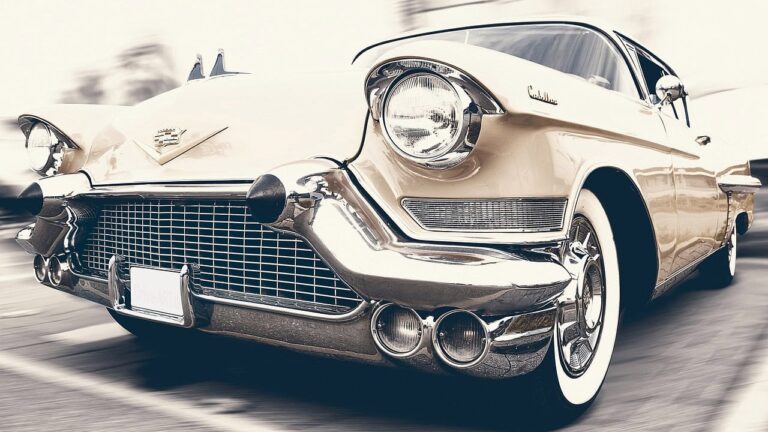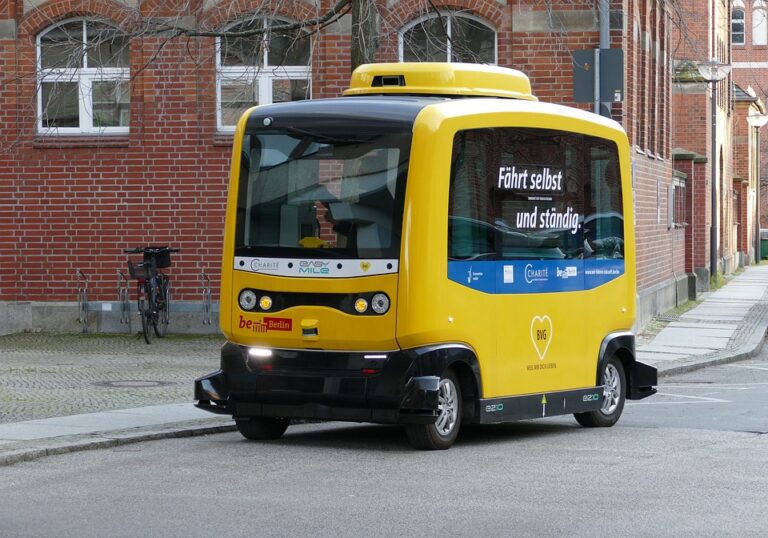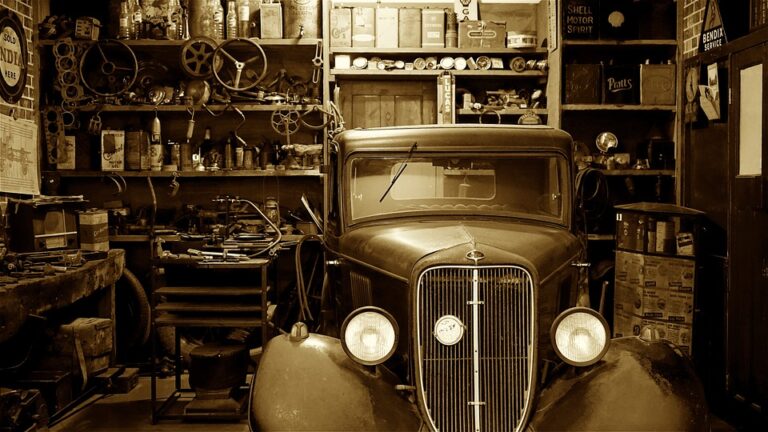Understanding the Shifts in the Luxury Car Market

The luxury car market is a fascinating domain characterized by elegance, innovation, and prestige. Over the past few decades, this market has experienced significant shifts that have redefined the landscape and consumer preferences.
The Rise of Electric Vehicles
One of the most significant shifts in the luxury car market is the transition towards electric vehicles (EVs). As environmental concerns grow, luxury car manufacturers are investing heavily in EV technology.
Brands like Tesla, Porsche, and Jaguar have embraced this change, producing high-performance electric cars that appeal to eco-conscious consumers.
Why Electric Vehicles Are Taking Over
The shift to electric vehicles in the luxury segment is driven by several factors.
Firstly, advancements in battery technology have made EVs more viable for long-distance travel.
Secondly, government incentives and stricter emission regulations have encouraged manufacturers to innovate.
Lastly, consumers are increasingly valuing sustainability, making electric luxury cars a desirable choice.
The Influence of Technology and Connectivity
Modern luxury cars are not just about performance and aesthetics; they are also about cutting-edge technology. Features such as autonomous driving, advanced infotainment systems, and seamless connectivity have become standard in many luxury models.
The Role of Artificial Intelligence
Incorporating AI into luxury cars has transformed the driving experience. From predictive maintenance alerts to personalized entertainment options, AI enhances convenience and safety.
Brands like Mercedes-Benz and BMW are leading the charge, developing AI-driven systems that learn from driver behaviors and preferences.
Changing Consumer Demographics
The demographics of luxury car buyers are shifting. Younger, tech-savvy individuals are entering the market, looking for vehicles that align with their lifestyle and values. This change influences how luxury cars are marketed and what features are prioritized.
The Impact of Millennials and Gen Z
Millennials and Gen Z consumers are more environmentally conscious and technology-focused than previous generations.
They prioritize sustainability and digital connectivity, prompting luxury car manufacturers to adapt their offerings to cater to these preferences. As a result, there is a noticeable increase in marketing efforts targeting these age groups.
Customization and Personalization
Today’s luxury car buyers demand more than just a high-end vehicle; they seek a personalized experience. Customization has become a key factor in the purchasing decision, with buyers opting for unique color schemes, interior designs, and feature sets.
Why Personalization Matters
Personalization adds a sense of exclusivity and individuality to luxury cars. It allows buyers to express their personality and taste through their vehicles. Many brands now offer bespoke services, enabling customers to tailor their cars to their specific desires, further enhancing the luxury experience.
The Globalization of Luxury Brands
The globalization of the luxury car market has opened new avenues for growth. Emerging markets, particularly in Asia, have become significant players in the industry, with increasing demand for luxury vehicles.
China’s Role in the Luxury Car Market
China has emerged as one of the largest markets for luxury cars, driven by a growing middle class and increasing disposable income. Luxury brands are tailoring their strategies to cater to Chinese consumers, offering models that meet local tastes and preferences.
Future Trends in the Luxury Car Market
Looking ahead, the luxury car market is poised for further evolution. Trends such as sustainable manufacturing, increased automation, and enhanced digital experiences will continue to shape the industry. Manufacturers are investing in research and development to stay ahead of these trends and meet consumer expectations.
The Importance of Sustainability
Sustainability is expected to remain a central theme in the luxury car market. As environmental concerns continue to rise, luxury brands will likely focus on developing greener technologies and sustainable production methods.
Conclusion
The luxury car market is undergoing a dynamic transformation characterized by technological advancements, changes in consumer demographics, and a shift towards sustainability.
These changes present both challenges and opportunities for manufacturers. By staying attuned to market trends and consumer preferences, luxury car brands can continue to thrive in this evolving landscape.
As we look to the future, it is clear that the luxury car market will remain a captivating arena where innovation and elegance meet.






